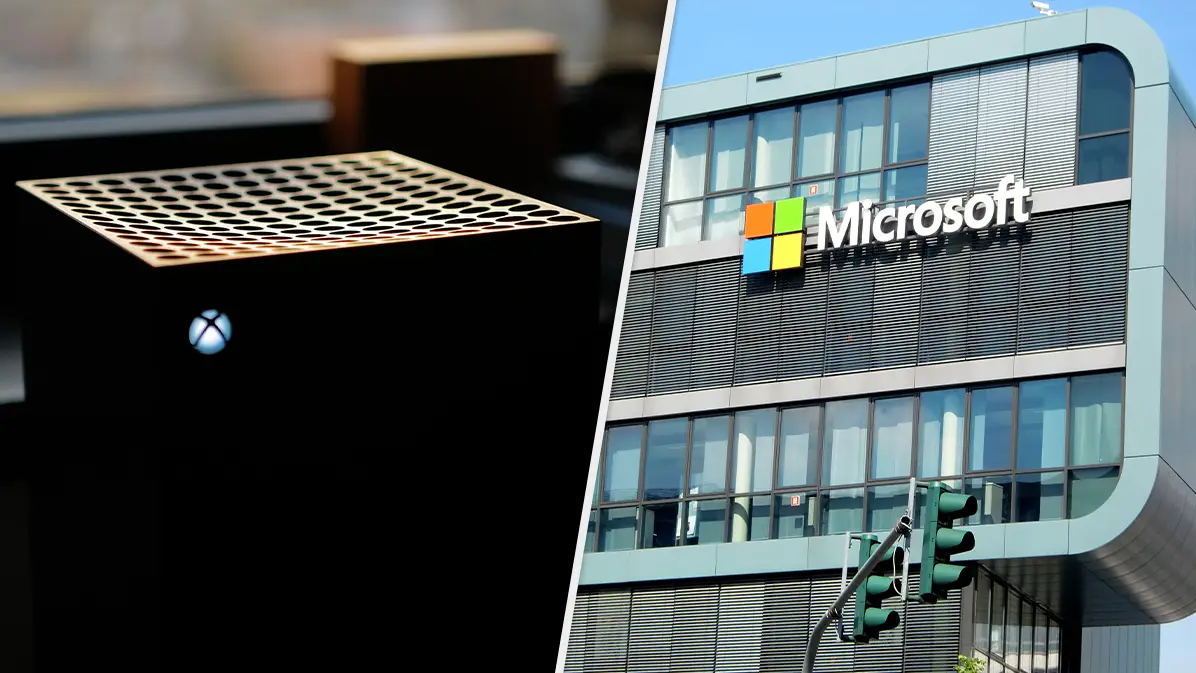
Shockingly, a recent report from an ex-employee claimed that Microsoft has shelled out hundreds of millions of dollars to "employees, partners, and government employees" located in the Middle East and Africa.
Yasser Elabd, who published their findings to the whistleblowing website Lioness, worked for Microsoft as a director of public sector and emerging markets for the Middle East and Africa and remained with the company for two decades after being recruited in 1998. Over the course of his career, he saw Microsoft's presence in these aforementioned areas surge and he was responsible for a number of contracts in the public sector in Ghana, Nigeria, Zimbabwe, Qatar, Egypt, Ethiopia, Kenya, and other countries.
"To accomplish this kind of growth in such a short time, Microsoft has long utilized a network of partners known as Licensing Solution Partners, who are authorized to engage with large public customers because they possess certain technical and business competencies," explained Elabd. "Together with these partners, Microsoft brings e-health solutions to hospitals and GPS and digitized services (such as online tax payments) to government agencies. The partner then takes a share of Microsoft's licensing sales revenue, usually 10-15 percent."
However, when he was reviewing a business investment fund submitted in 2016, the partner was requesting a sum of $40,000. "When I looked through the submission, I immediately knew something was wrong," said Elabd. "The customer did not appear in Microsoft's internal database of potential clients. On top of that, the partner in the deal was underqualified for the project's outlined scope, and he wasn't even supposed to be doing business with Microsoft: he had been terminated four months earlier for poor performance on the sales team, and corporate policy prohibits former employees from working as partners for six months from their departure without special approval."
Elabd continued to say that his concerns over this seemingly strange submission were not investigated thoroughly and through escalating this through the ranks of legal, human resources and eventually to CEO Satya Nadella, he had "booked a one-way ticket out of Microsoft." He was fired in 2018.
After The Wall Street Journal picked up on Elabd's account, Microsoft issued a statement asserting that the allegations of bribery are "many years old" and that those employees and partners that were involved in those investigations have been terminated.
Featured Image Credit: Dmitry Novikov via Unsplash, Pixabay